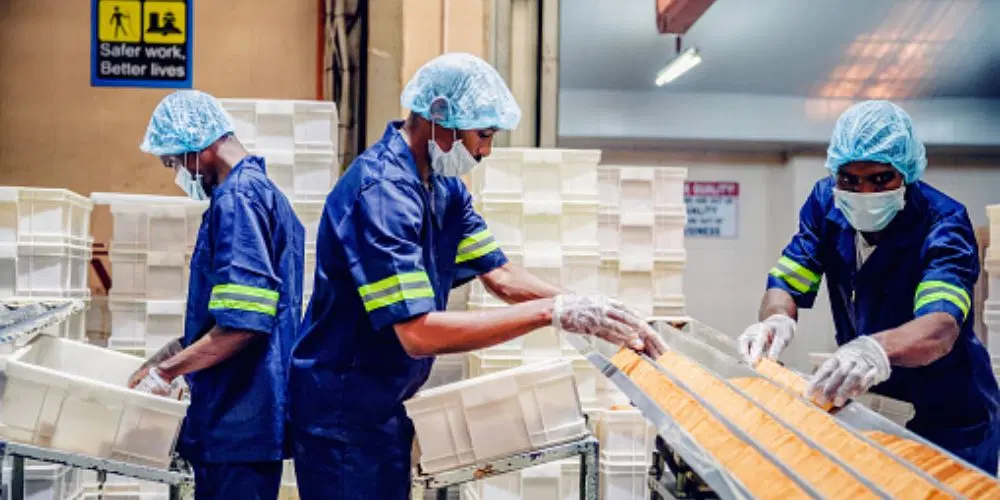On Monday, August 25, 2025, industry stakeholders expressed growing concern over the widening gap between Nigeria’s real and services sectors, with the real sector—encompassing manufacturing and agriculture—facing a sixth consecutive year of decline in 2025, while the services sector surges, reinforcing economic structural flaws that hinder industrialization, per Vanguard and ThisDay. National Bureau of Statistics (NBS) data reveals manufacturing’s average GDP contribution was 8.8% from 2020–2024, falling from 8.99% in 2020–2021 to 8.41% in 2024, and agriculture dropped from 26.21% to 24.64%. Conversely, the services sector grew from 52.44% to 56.89%. In Q1 2025, post-rebasing, manufacturing rose slightly to 9.62%, but agriculture fell to 23.33%, with services at 57.50% (Africa Check).
Stakeholders, including Manufacturers Association of Nigeria (MAN) Director General Segun Ajayi-Kadir, cited persistent challenges like unreliable power (4,800 MW supply vs. 12,000 MW demand, NERC, 2024), poor infrastructure, and a 38.9% inflation rate (NBS, 2024), which curb consumer demand. Foreign direct investment in manufacturing plummeted to $129.2 million in Q1 2025, down 69% from $421 million in Q4 2024 (Proshare). The Nigerian Economic Summit Group (NESG) and Professor Akpan Ekpo stressed that manufacturing must reach 40% of GDP for economic resilience, advocating for policy reforms like FX stability and energy reliability (Vanguard). A Quartus Economics report noted a ₦1.2 trillion manufacturing GDP loss from 2019–2023. X posts from @MANigeria (August 24, 2025) urged urgent reforms, while @Naija_Activist criticized government inaction, citing 767 factory closures in 2023 (Vanguard).

Leave a Reply